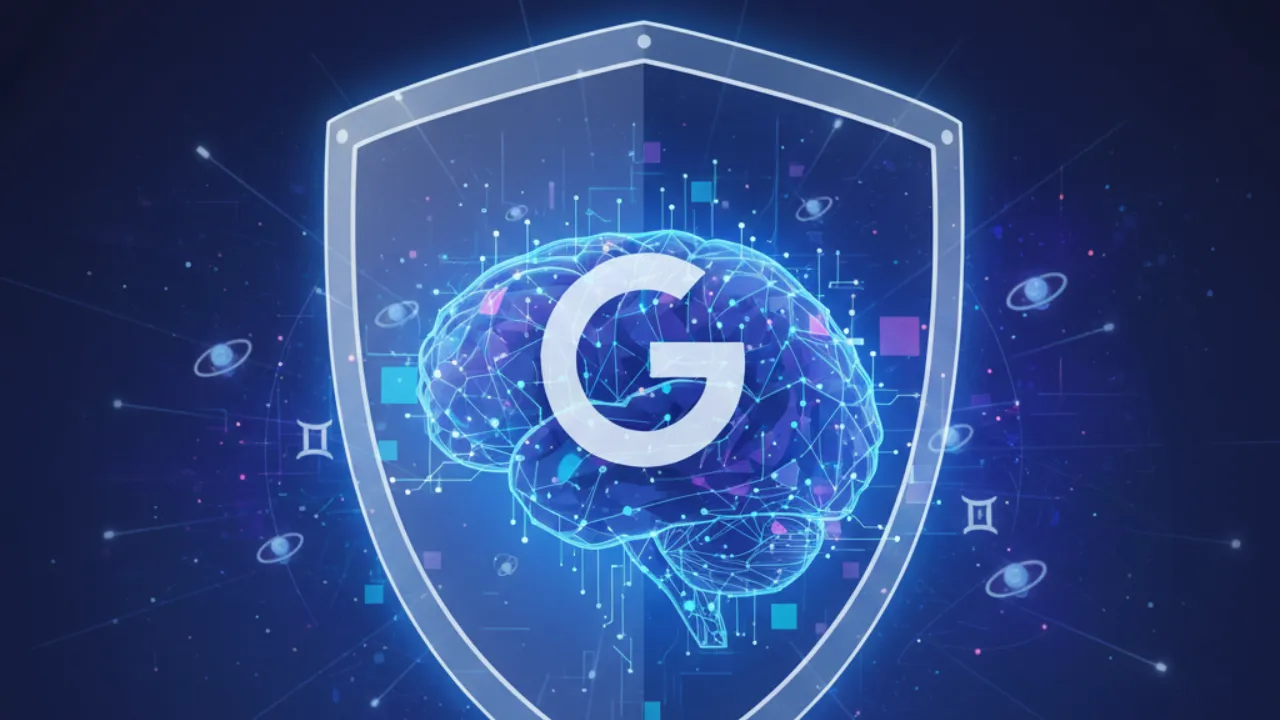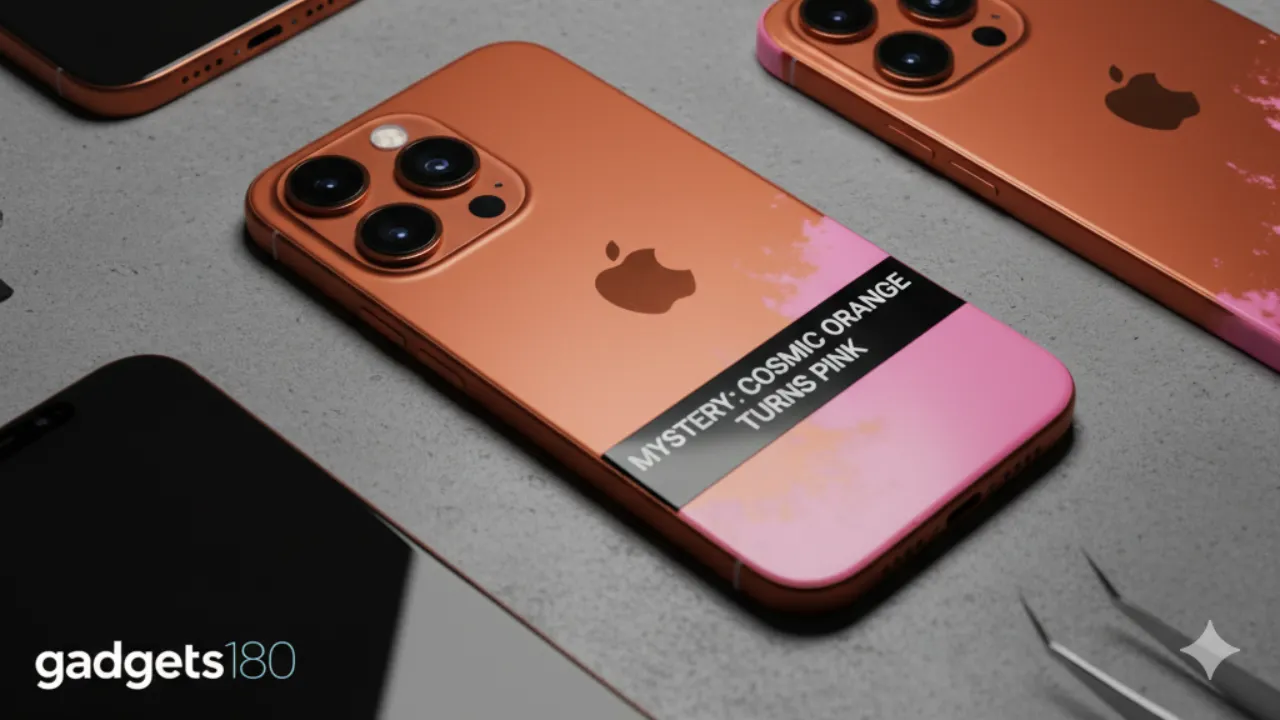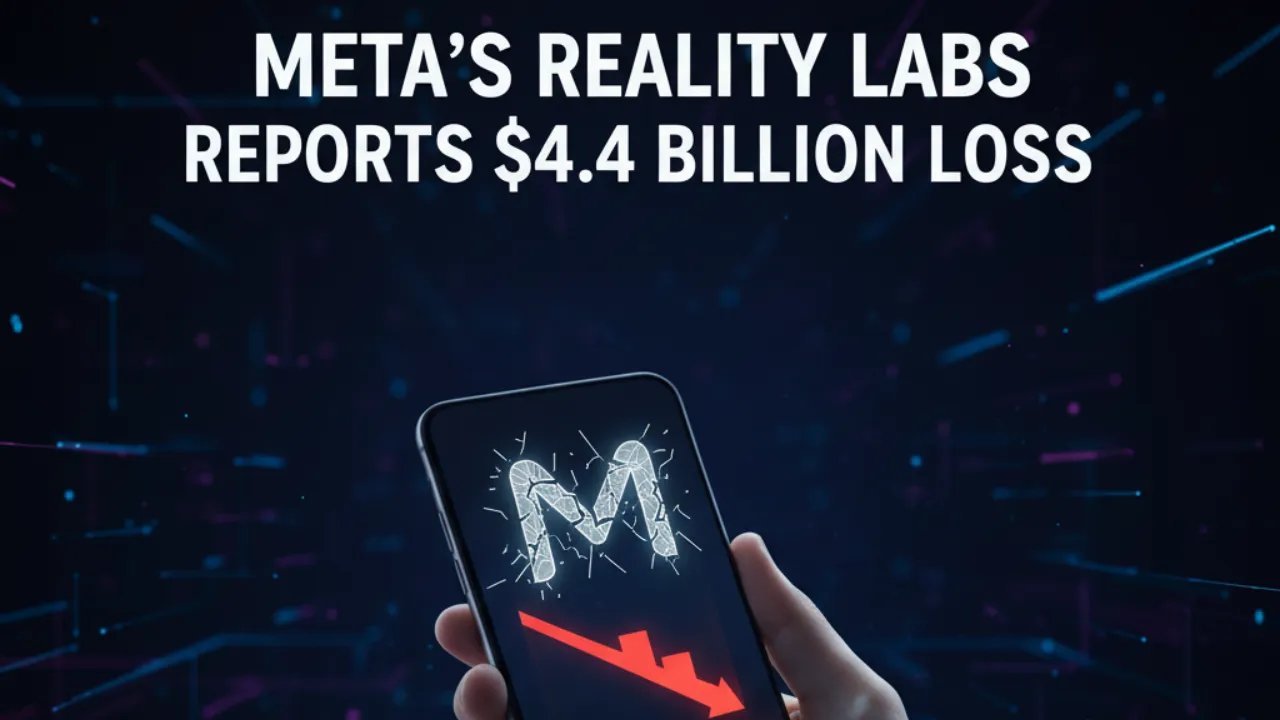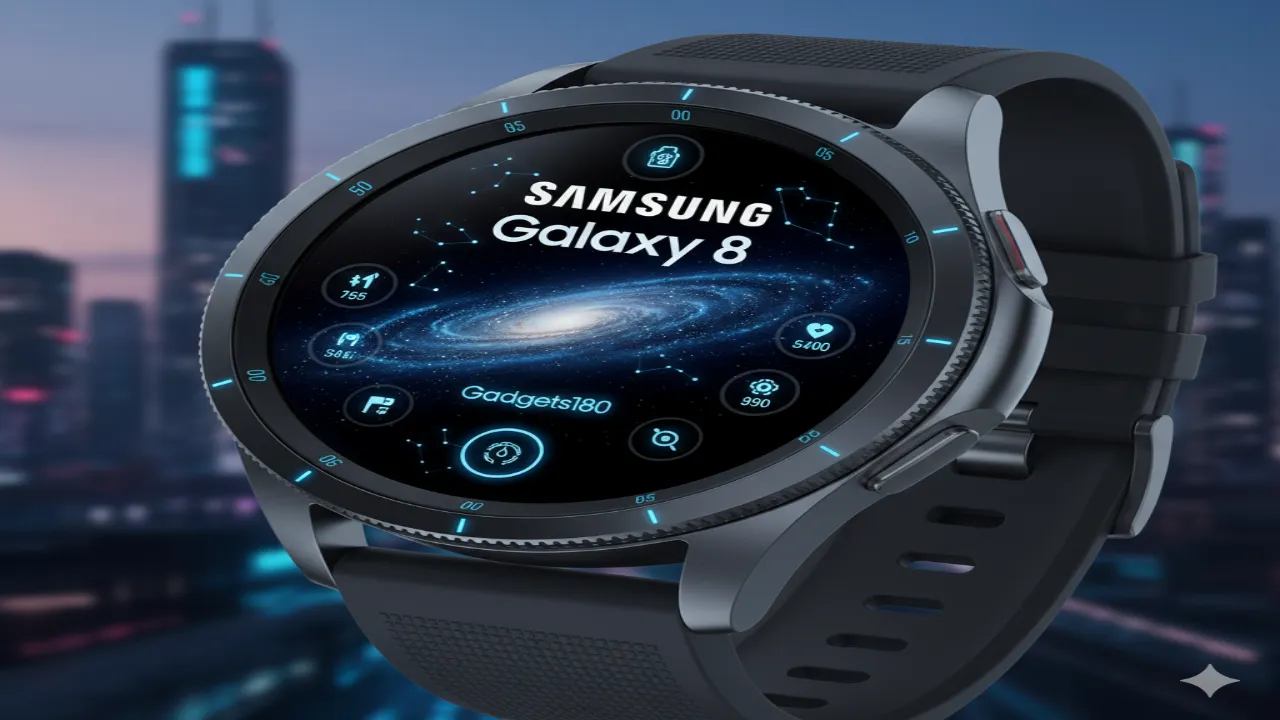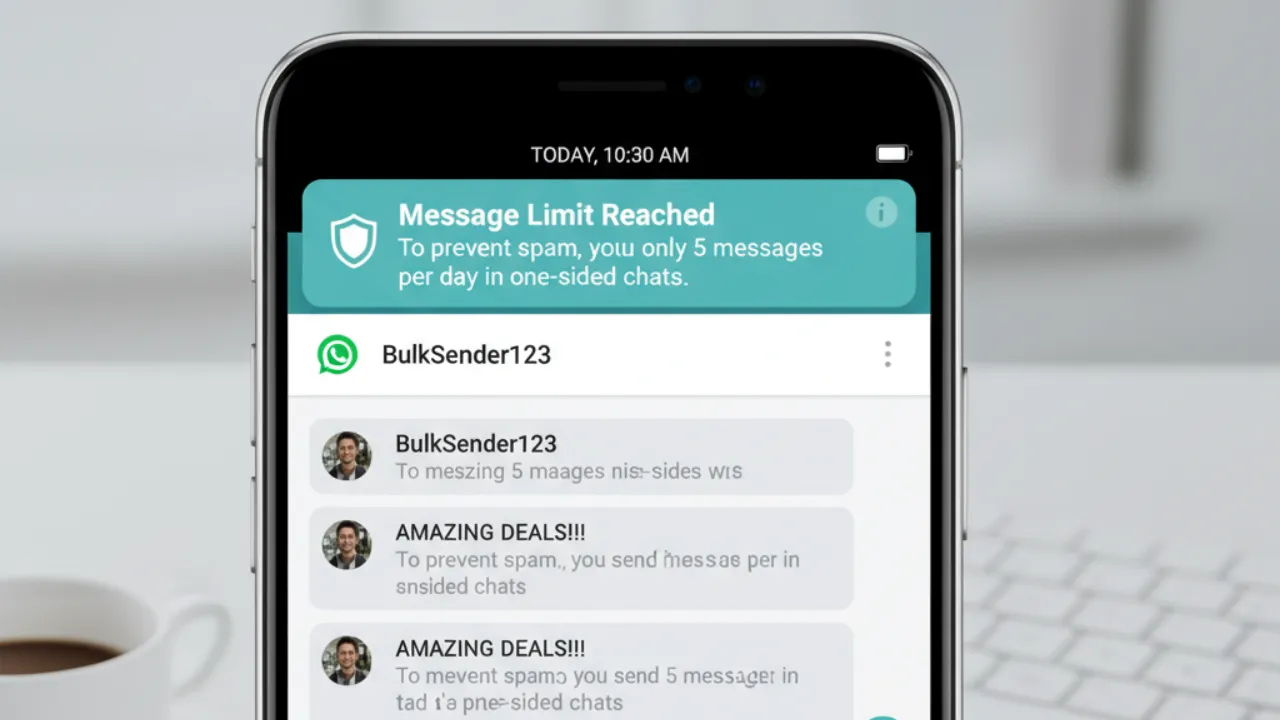Google is rolling out its Gemini AI Assistant to more Android users, officially replacing the long-running Google Assistant. The company has started sending out emails to inform users about this major transition, explaining how Gemini works and — most importantly — how it keeps user data safe.
The switch began earlier this year, but initially, only newer smartphones received the update. Now, with Gemini expanding to more Android devices, Google is taking extra care to clarify its data-handling policies and how users can control what information the assistant accesses.
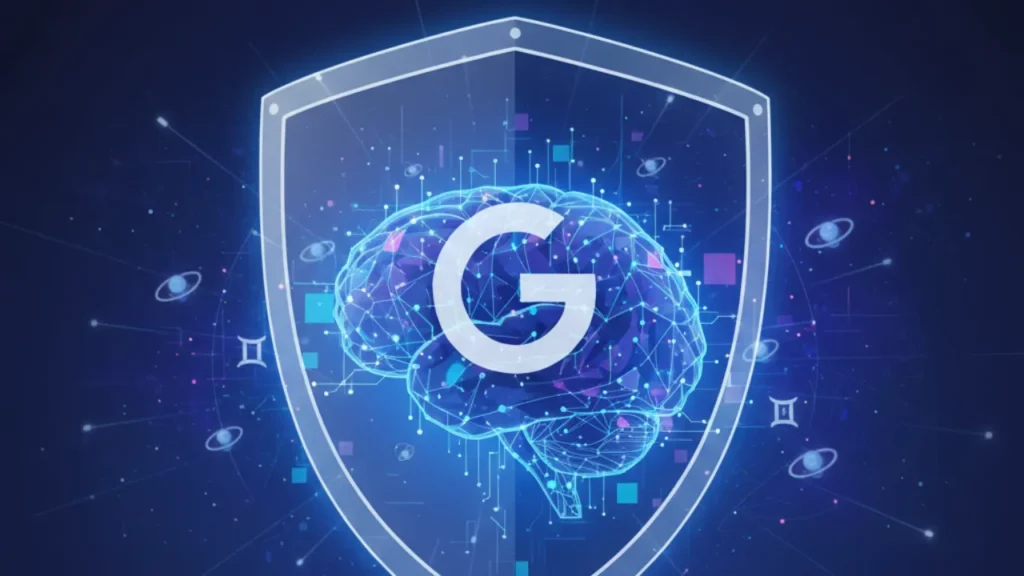
What Makes Gemini AI Different
Unlike the old Google Assistant, which mostly worked through command-based prompts like “Set an alarm” or “Send a text,” Gemini allows for natural conversations. You can talk to it in plain language — even vaguely — and it will still understand your intent.
For example, instead of saying, “Send an email to John,” you could say, “Let John know I’m running late,” and Gemini would figure out the right action. This makes it much more intuitive and interactive than its predecessor.
The assistant also connects with a wide range of first- and third-party apps using its “Apps” feature. Once linked, Gemini can answer queries or perform certain tasks inside apps like Gmail, Calendar, YouTube, or even WhatsApp and Spotify.
With Gemini Live, users can also share their screen or start video conversations, allowing the AI to assist with on-screen content — for instance, helping with a document, video, or a map in real time.
The Big Question: What Happens to Your Data?
Of course, more features also mean more access to personal data — and that’s where users have concerns. Gemini connects to multiple apps and services to give context-based answers, but this also means it interacts with sensitive information like emails, messages, and files.
According to Google, the assistant may process data from Gmail, Calendar, Drive, Messages, Phone, WhatsApp, Spotify, YouTube, and other connected apps. It can also access data when you use Gemini Live for screen sharing or video interactions.
To address growing privacy concerns, Google has shared details about how it handles and protects this information.
What Google Says About Data Handling
In an email to users (reviewed by Gadgets 360), Google outlined how Gemini collects and uses information:
“Your chats, what you share with Gemini (like files, videos, screens, and photos), audio, transcripts, and recordings of your Gemini Live interactions, your feedback, info from websites you visit with Gemini, product usage, and location info are saved in Gemini Apps Activity.”
The company says this data helps improve Google’s AI services, personalize user experiences, and train its models. However, before any data is reviewed by human employees or shared with service providers, it is disconnected from the user’s account to ensure anonymity.
This means reviewers won’t see who the data belongs to. Still, users who prefer complete privacy can opt out of this process.
How to Turn Off Data Storage and Human Review
If you don’t want Google to store or review your Gemini chats, the company has made it easy to turn off this option.
To do so:
- Open your profile in the Gemini app.
- Go to Gemini Apps Activity.
- Select “Turn off” under the “Keep activity” section.
Once this option is off, new conversations will not be saved to Google’s servers. However, the company will retain them temporarily for up to 72 hours to maintain service quality and handle feedback — after which they’re deleted and not used for AI training.
Managing Connected Apps
Gemini also lets you review and manage which apps it can access. Simply navigate to:
Profile → Apps → Manage Connections,
and toggle off any app you don’t want Gemini to use.
Google clarifies that Gemini only accesses the specific information needed to complete a task. Personal content from connected apps — such as emails or messages — is not visible to human reviewers, nor is it used to show ads or train the core generative AI models.
Additionally, when Gemini connects with third-party services, their own privacy policies also apply. This ensures that Gemini cannot use the data for anything beyond the app’s original purpose.
Why Google Is Emphasizing Transparency
The replacement of Google Assistant with Gemini marks a massive shift in how Android users interact with their devices. But it also brings new challenges — especially around privacy.
By publicly detailing its data-handling practices, Google aims to build trust and reassure users that their data remains protected, even as Gemini becomes more powerful and context-aware.
The company’s approach shows it’s focusing on responsible AI integration, balancing convenience with control. Users get a smarter assistant that understands natural conversations, integrates across apps, and offers visual help — all while maintaining the option to decide how much data to share.
The Bottom Line
Gemini AI isn’t just a smarter version of Google Assistant — it’s the foundation of a new, AI-driven Android experience. But with great power comes great responsibility, and Google seems well aware of that.
By letting users manage what Gemini can see, store, and share, Google is taking a more transparent and user-first approach to data safety. As Gemini rolls out to more devices, these privacy tools will play a crucial role in how comfortable users feel embracing this next-generation AI companion.
